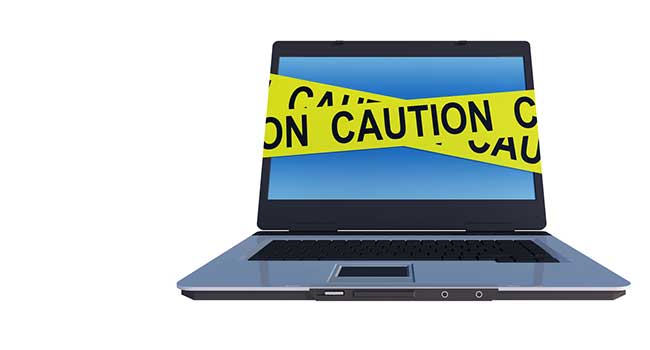
Security Flaw Discovered in Nearly All Macs and PCs
A new vulnerability brings back the risk of a cold boot attack.
- By Sydny Shepard
- Sep 17, 2018
In new findings published last week, F-Secure said that no modern device, Macs and PCs alike, do not have existing firmware security measures that "do a good enough job" preventing a new attack that can steal sensitive data in a matter of minutes.
F-Secure principal security consultant Olle Segerdahl explained that the vulnerabilities put "nearly all" laptops and desktops at risk.
The new exploit is built on the foundations of a traditional cold boot attack, a technique that is well known in the hacking community. Modern computers overwrite their memory when a device is powered down to scramble the data from being read. F-Secure believes they have found a way to disable the overwriting process, making a cold boot attack possible again.
"It takes some extra steps," Segerdahl said. "But the flaw is easy to exploit."
So much so, that it would "very much surprise" him if this technique isn't already known by some hacker groups.
It is no secret that if you have physical access to a computer, the changes of someone stealing your data is usually greater. That's why so many use disk encryption, like BitLocker for Windows and FileVault for Macs, to scramble and protect data when a device is turned off. The researchers, however, found that in nearly all cases, they can still steal data protected by those programs.
After the researchers figured out how the memory overwriting process works, they said it took just a few hours to build a proof-of-concept tool that prevented the firmware from clearing secrets from memory. From there, the researchers scanned for disk encryption keys, which, when obtained, could be used to mount the protected volume.
It's not just disk encryption keys at risk, Segerdahl said. A successful attacker can steal "anything that happens to be in the memory," like passwords and corporate network credentials, which can lead to deeper compromise.
Their findings were shared with Microsoft, Apple, and Intel prior to release. According to the researchers, only a smattering of devices aren’t affected by the attack. Microsoft said in a recently updated article on BitLocker countermeasures that using a startup PIN can mitigate cold boot attacks, but Windows users with “Home” licenses are out of luck. And, any Apple Mac equipped with a T2 chip are not affected, but a firmware password would still improve protection.
About the Author
Sydny Shepard is the Executive Editor of Campus Security & Life Safety.